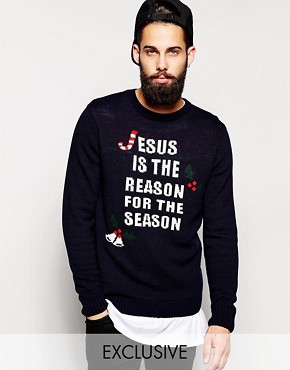Apparently the Scottish Episcopal Church is in crisis, according to the
Herald today.
To me, it feels as if the SEC is doing what it does best: engaging with issues of the day, not accepting a stance that feels imbalanced or theologically skewed, and not blindly accepting a model of authority that does not feel Scottish Episcopalian. There's plenty of coverage about what's happening out there: e.g.
http://www.changingattitudescotland.org.uk/ has excellent digests of the social media coverage.
What to add? What is my concern? I am one of those in the church who favours extending our definition of marriage to include people of the same gender. I do this after serious reflection on the gospel and culture, engagement (hopefully intelligently and thoughtfully) with scripture and a great deal of prayer and discussion on the nature of justice and the kingdom. As have many others, with differing views. The processes in our church will rumble on, maybe accelerated, maybe not, but they will reach the point where decisions are made about our sacramental and legal life. Safeguards will be sought, accommodation worked on, speeches made, votes taken. That's how it works.
But I also feel we must take history very, very seriously. What has actually precipitated the 'crisis' (that I don't entirely feel IS a crisis?). I would like to pick two points in history.
In 1688, the Scottish bishops decided not to swear allegiance to William of Orange. The SEC has largely projected a romantic non-juring veneer onto this decision, drawing in subsequent events like the slightly revolutionary consecration of the first bishop of the embryonic United States of America against 'English' wishes. But the non-juring decision resulted in the near annihilation of the episcopal party within Scotland. Ministers lost their livings, people were persecuted and jailed. A decision, made for honourable reasons, by the bishops, all but destroyed the episcopalian tradition in Scotland. There's a long and complicated story of how we came back from that, but the SEC is still a small, fragile shadow of a church. Because of that decision, in 1688.
Roll time on a little, to 1843. Not Episcopalian history, but Church of Scotland history, shows a rebellion about authority. The great disruption at the General Assembly of 1843 was about who appointed ministers, the authority of scripture, the threat of rationalism - pressures about authority in the life of the church. About 40% of the Church of Scotland ministers walked out of the General Assembly in protest, and the Free Church of Scotland was born. That fracture, in a church where fracture seems to be the norm, was a major, major shock, and the after shocks are still around today. And it was about authority within the church.
Did the bishops have the authority to make Episcopalianism non-juring? Well, they did it. Does our college of bishops have the authority to prevent people entering a civil marriage? Well, they've done it.
Should 450 Church of Scotland ministers have rejected the authority of the state and landowners to control the affairs of the church, and have walked out of the General Assembly? Well, they did. Should the clergy (and laity) of the SEC have objected publicly to the authoritarian and legalistic stance of the recent guidance from the college of bishops? Well, we have done.
I don't believe our current situation is in the same league as those moments, but the themes are not dissimilar...
And to quote our
website:
In character, the SEC is diverse. The church celebrates diversity and values dialogue alongside dogma.
Much of the worship of the church is sacramental in character – its patterns of worship are full of drama and colour which links together the experiential with the intellectual.
The Scottish Episcopal Church likes to think of itself as a thinking church and values a high standard of preaching. Alongside that thoughtfulness goes a deep commitment to spirituality and prayer.
In its governance, the Scottish Episcopal Church is collegial and democratic rather than centralised and directive. It delights in its non-established status.
It is deeply committed to civic society and public discourse but wants nothing to do with establishment. It is more a community of disciples than an institution with membership.
The SEC today pursues its calling to mission and ministry in the very secular and increasingly diverse context of Scotland and the rest of the world.
The seven bishops see themselves as ‘leaders of mission’ and the church attempts to draw into its life people who are beginning to travel a journey of spirituality.
That sounds like a church that I would wish to be a part of...





